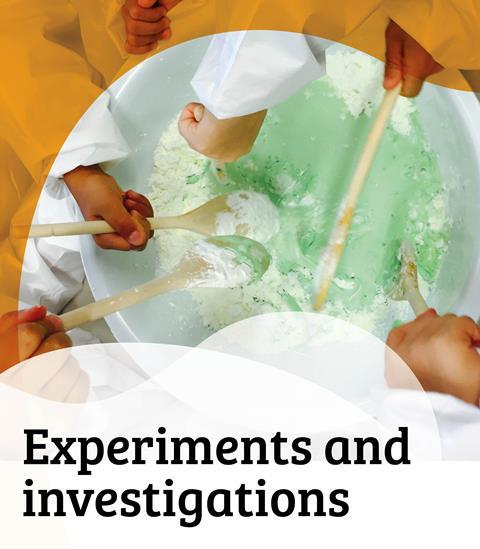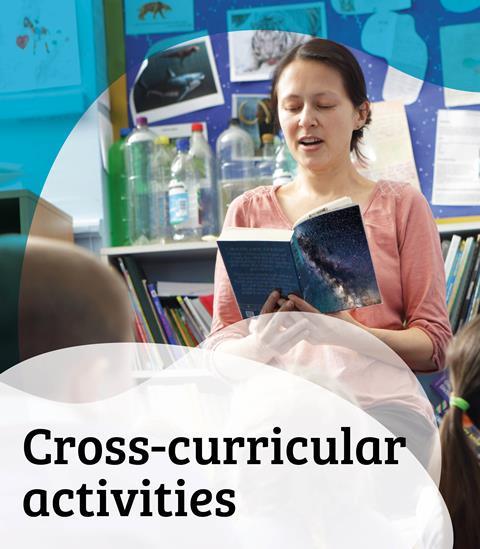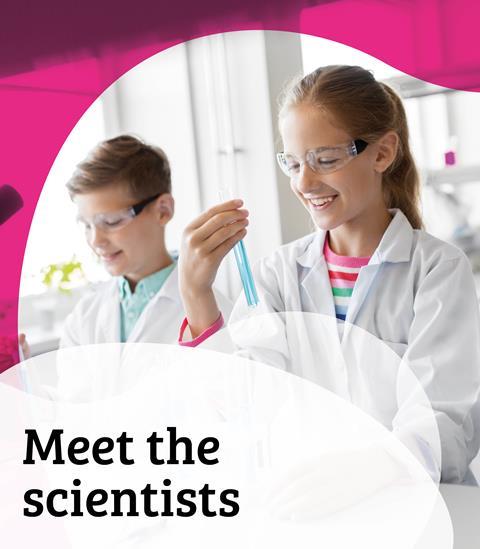Learn about irreversible changes caused by heating with this short podcast
Produced by FunKids Radio and the RSC, this short snippet uses Kareena and her superhero friend K-Mistry to introduce children to irreversible changes caused by heating.
This podcasts can be used as a ’hook’ when introducing the topic to your students, or at the end of a lesson to stimulate discussion about what they have learnt.
If you teach primary science, see the headings below to find out how to use this resource:
Skill development
Children will develop their working scientifically skills by:
- Selecting and planning the most appropriate ways to answer science questions, including:
- Grouping and classifying things.
- Using appropriate scientific language and ideas to explain, evaluate and communicate their methods and findings.
- Asking their own questions about scientific phenomena.
Learning outcomes
Children will:
- Observe that some materials change state when they are heated or cooled.
- Explain that some changes result in the formation of new materials, and that this kind of change is not usually reversible.
Concepts supported
Children will learn:
- What is meant by the terms reversible and irreversible changes, and be able to identify these changes.
- Why some changes are irreversible.
Suggested activity use
This activity provides a quick hook into children investigating what happens when some materials are heated or cooled. They can use their knowledge of solids, liquids and gases to describe the changes in terms of states of matter. Also children can investigate which of these changes are reversible, which are not, and begin to understand why. The activity could be done as a whole class with children working together in groups.
Depending on which changes are investigated, adult supervision may be required.
Practical considerations
Depending on which first hand changes children are investigating, you may need adult supervision, especially when using heat.
Children will need prior knowledge of solids, liquids and gases. Knowledge of changing states of matter would be useful before using this resource.
Downloads
Kitchen K-Mistry - fast facts: turn up the heat
Audio | Other, Size 1.97 mb
Kitchen science podcasts
- 1
- 2
- 3
- 4
- 5
- 6
- 7
- 8
- 9
- 10
 Currently reading
Currently readingTurn up the heat
- 11
- 12
- 13
- 14
- 15
- 16
- 17
- 18
- 19
- 20
- 21
































No comments yet